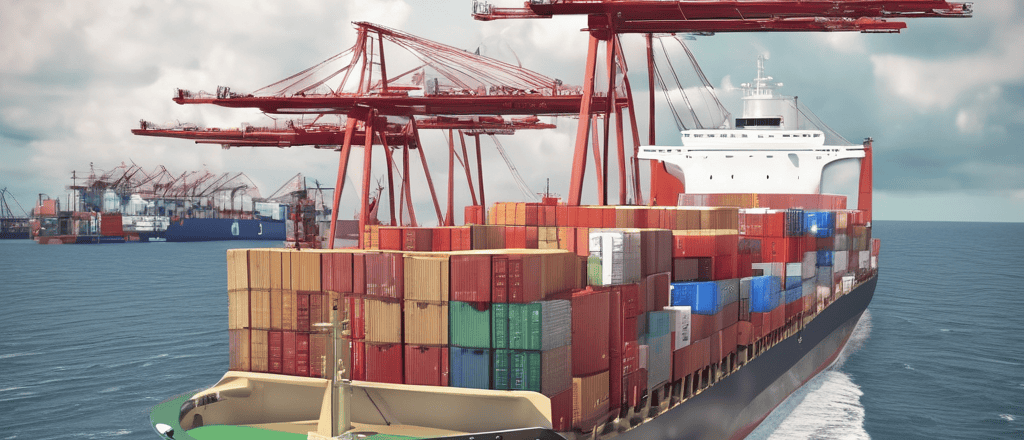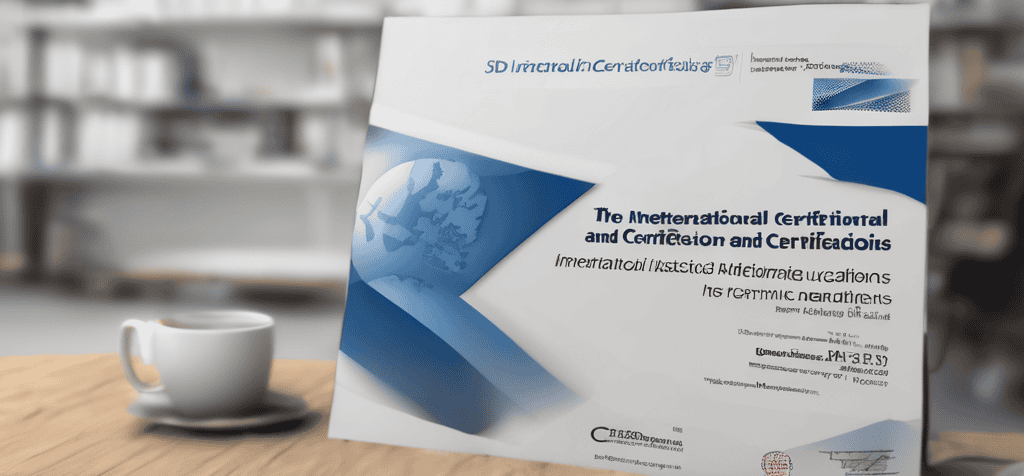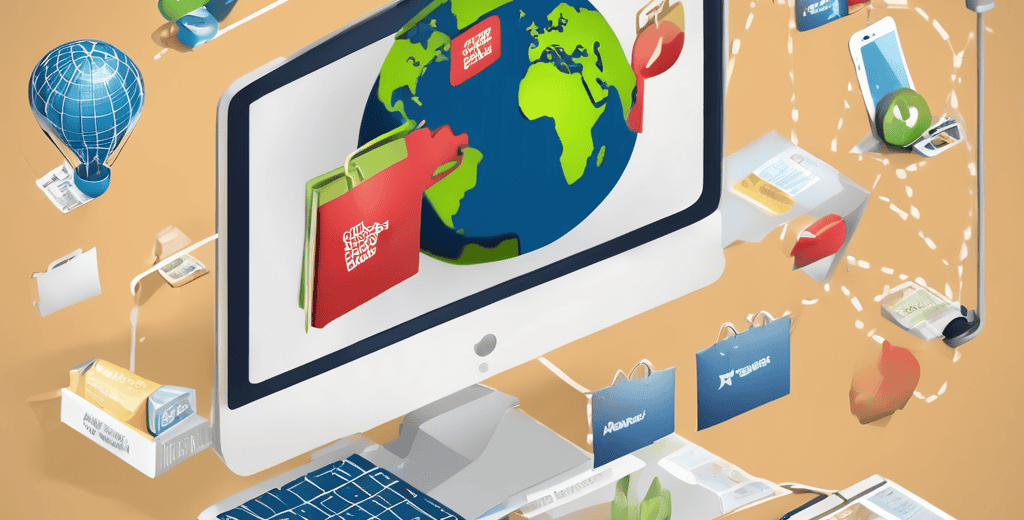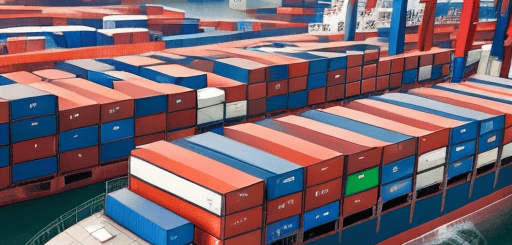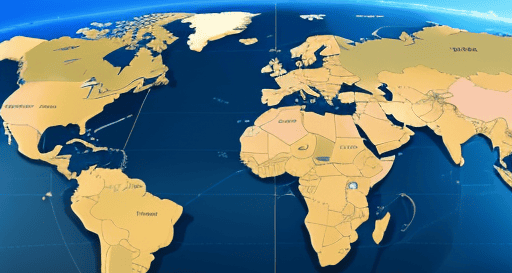Global sourcing presents immense opportunities for businesses to optimize supply chain efficiency, reduce costs, and enhance competitiveness in the global marketplace. By adopting strategic sourcing strategies such as conducting comprehensive supplier research, assessing supplier capabilities, performing due diligence, negotiating favorable terms, and fostering collaborative relationships, businesses can find the right suppliers worldwide and unlock new growth opportunities.
In today's interconnected world, global sourcing has become a strategic imperative for businesses aiming to optimize supply chain efficiency, reduce costs, and access new markets. Finding the right suppliers worldwide is essential for success in global sourcing initiatives. Here, we explore key strategies for identifying and partnering with suppliers across the globe.
Importance of Global Sourcing
Global sourcing enables businesses to tap into a diverse pool of suppliers, leverage economies of scale, access specialized expertise, and mitigate supply chain risks. By sourcing materials, components, and finished products from different regions, businesses can optimize costs, improve product quality, and enhance competitiveness in the global marketplace.
Strategies for Global Sourcing
- Conduct Comprehensive Supplier Research:
Before embarking on global sourcing initiatives, conduct thorough research to identify potential suppliers. Utilize online databases, industry directories, trade shows, and professional networks to discover suppliers across different regions. Evaluate suppliers based on criteria such as reliability, quality standards, production capacity, and cost competitiveness.
- Assess Supplier Capabilities and Compatibility:
Evaluate supplier capabilities and compatibility with your business requirements and objectives. Consider factors such as production capacity, technological capabilities, quality assurance processes, ethical standards, and cultural alignment. Engage in detailed discussions with potential suppliers to assess their willingness and ability to meet your specific needs.
- Perform Supplier Due Diligence:
Perform due diligence on potential suppliers to verify their credentials, reputation, financial stability, and compliance with regulatory requirements. Conduct site visits, audits, and reference checks to assess supplier reliability and performance. Verify certifications, licenses, and compliance with industry standards to ensure adherence to quality and regulatory requirements.
- Negotiate Favorable Terms and Contracts:
Negotiate pricing terms, payment terms, delivery schedules, and contractual agreements with selected suppliers to optimize value and mitigate risks. Establish clear communication channels, performance metrics, and dispute resolution mechanisms in supplier contracts to ensure mutual understanding and accountability.
- Foster Collaborative Relationships:
Build strong, collaborative relationships with selected suppliers based on trust, transparency, and mutual benefit. Maintain open communication channels, provide feedback, and engage in continuous improvement initiatives to optimize supply chain performance and drive innovation.
#GlobalSourcing #SupplyChainManagement #SupplierRelationshipManagement #BusinessStrategy #InternationalTrade #Procurement #SupplyChainOptimization #GlobalSupplyChain #SourcingStrategies #SupplierSelection
Read more views



























